Related Research Articles

Wheal Jane is a disused tin mine near Baldhu and Chacewater in West Cornwall, England, United Kingdom. The area itself consisted of a large number of mines.
Thomas Grove was an English politician who sat in the House of Commons at various times between 1645 and 1660.
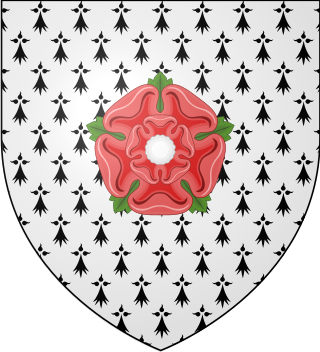
Hugh Boscawen, 1st Viscount Falmouth, was an English Whig politician who sat in the House of Commons for Cornish constituencies from 1702 until 1720 when he was raised to the peerage.
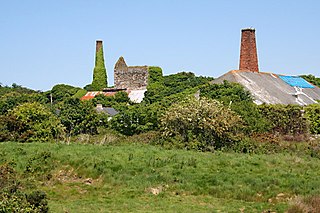
Wheal Busy, sometimes called Great Wheal Busy and in its early years known as Chacewater Mine, was a metalliferous mine halfway between Redruth and Truro in the Gwennap mining area of Cornwall, England. During the 18th century the mine produced enormous amounts of copper ore and was very wealthy, but from the later 19th century onwards was not profitable. Today the site of the mine is part of the Cornwall and West Devon Mining Landscape World Heritage Site.

John St Aubyn (1613–1684) was an English politician who sat in the House of Commons of England in 1640. He served as a colonel in the parliamentary army in the English Civil War.

Hugh Boscawen was an English politician who sat in the House of Commons on seven occasions between 1646 and 1701.
Thomas Gewen was an English politician who sat in the House of Commons variously between 1645 and 1660.
Edward Boscawen was an English politician who sat in the House of Commons variously between 1659 and 1685.
Sir Walter Moyle was an English politician who sat in the House of Commons at various times between 1656 and 1660.

Francis Robartes FRS was an English politician who sat in the House of Commons at various times between 1673 and 1718.
Sir William Tredenham of Tregonan, St Ewe, Cornwall was an English politician who sat in the House of Commons between 1659 and 1662.
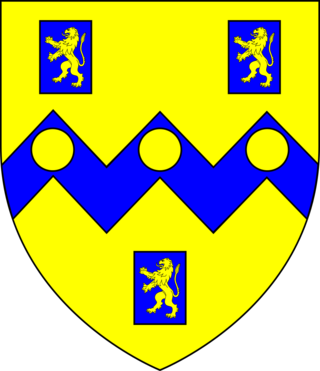
Robert Rolle was an English politician who sat in the House of Commons at various times between 1654 and 1660.
Lambert Godfrey was an English politician who sat in the House of Commons between 1654 and 1659.
Sir Thomas Carew was an English lawyer and politician who sat in the House of Commons at various times between 1659 and 1681.
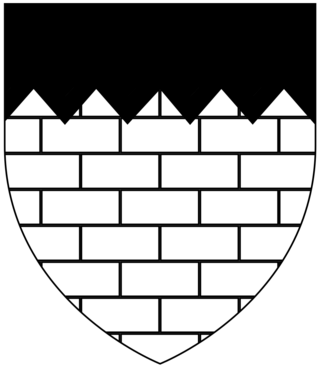
Thomas Reynell of East Ogwell, Devon, was an English lawyer and politician who sat in the House of Commons at various times between 1654 and 1689.
Henry Mildmay was an English politician who sat in the House of Commons at various times between 1654 and 1692. He fought in the Parliamentary army in the English Civil War.
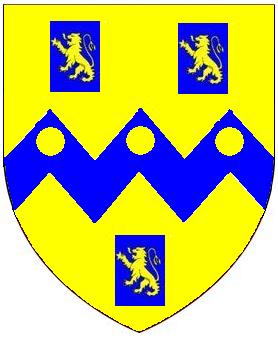
Sir Francis Rolle (1630–1686) was an English lawyer and politician who sat in the House of Commons at various times between 1656 and 1685.

Sir Hugh Pollard, 2nd Baronet was an English soldier and MP elected for Bere Alston in 1640, Callington in 1660, and Devon in 1661. He supported the Royalist cause in the English Civil War.

Samuel Rolle (1669-1735) of Hudscott, Chittlehampton, Devon, was MP for Barnstaple between 1705 and 1708. He was a member of a cadet branch of the influential Rolle family of Stevenstone.
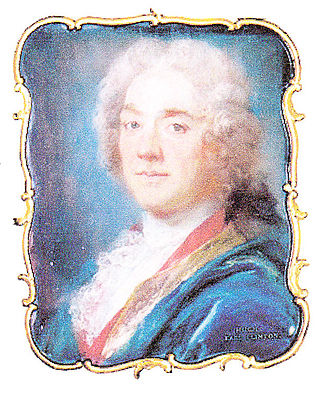
Hugh Fortescue, 1st Earl Clinton, 14th Baron Clinton of Castle Hill in the parish of Filleigh, and of Weare Giffard Hall, both in North Devon, and of Ebrington Manor in Gloucestershire, was a landowner and peer. He built the surviving Palladian stately home of Castle Hill.
References
- ↑ Foster,Joseph, Peerage, Baronetage and Knightage of the British Empire for 1882, London, 1882, p. 273, quoted by Kain, Roger & Ravenhill, William, (eds.) Historical Atlas of South-West England, Exeter, 1999, p. 293
- ↑ Kain, Roger & Ravenhill, William, (eds.) Historical Atlas of South-West England, Exeter, 1999, p. 293
- ↑ "Wheal Busy (Chacewater Mine)". Cornwall in Focus. Archived from the original on 28 January 2010. Retrieved 1 August 2009.
- 1 2 3 Basil Duke Henning The House of Commons, 1660–1690, Volume 1
- ↑ Willis, Browne (1750). Notitia Parliamentaria, Part II: A Series or Lists of the Representatives in the several Parliaments held from the Reformation 1541, to the Restoration 1660 ... London. pp. 229–239.
- ↑ Leigh Rayment's Historical List of MPs – Constituencies beginning with "T" (part 2)